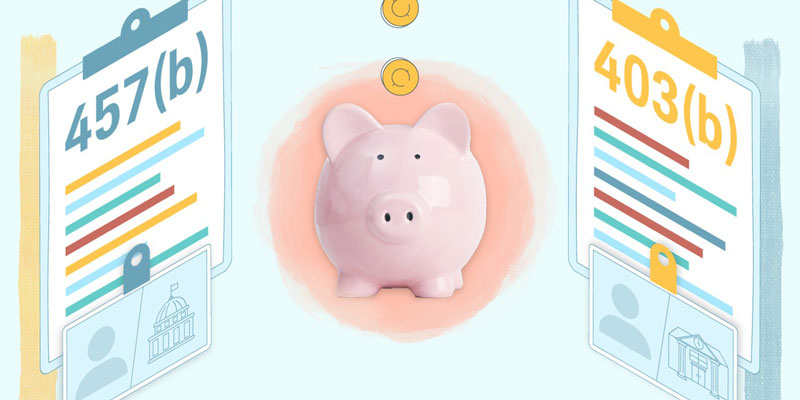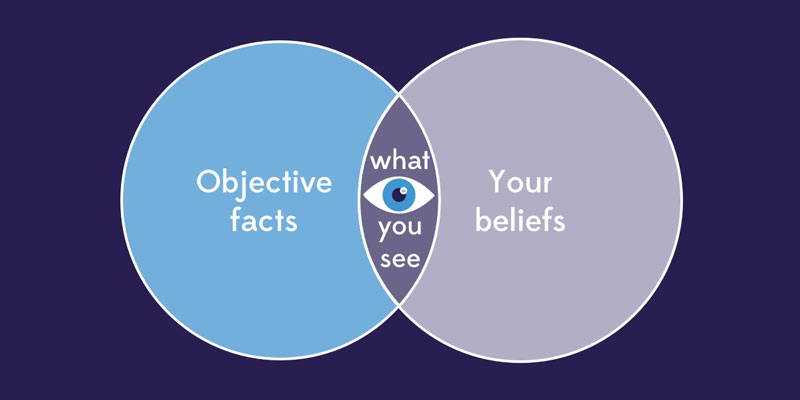What Is Real Estate Crowdfunding?
Feb 01, 2023 By Susan Kelly
Crowdfunding is a tool that companies may use to raise money, and it also provides investors with an easier way to access opportunities like these. The term "crowdfunding" refers to a method of funding a project by collecting monetary contributions from many individuals via the Internet and other social media platforms, such as Twitter, Facebook, and LinkedIn.
Crowdfunding is based on the premise that a significant number of individuals are prepared to contribute a small quantity; as a result, substantial quantities of money may be obtained quickly. Companies now have access to financing that they may only have been able to acquire with the help of crowdfunding. Investors have the opportunity to become shares in a business or a real estate property via the use of crowdsourcing platforms.
How Crowdfunding Works
In the past, equity transactions were the crowdfunding most frequently associated with "crowdfunding." In this context, businesses would utilize the process to raise funds. The practice of crowdfunding entails pooling monetary resources to provide small and medium-sized businesses with the opportunity to utilize those funds to make long-term investments in their businesses, such as the money for machinery or the construction of a production facility.
Historically speaking, only accredited investors were allowed to participate in equity crowdfunding. Affluent and knowledgeable individuals may also be considered accredited investors, although banks, pension plans, and insurance corporations are the most common types of accredited investors. To be considered an accredited investor, the individual needed to have a minimum annual income of $200,000 or a net worth of more than $1,000,000.
Pros and Cons
One of the advantages of crowdfunding is that it does not need investors to put up a significant sum of money to participate; in fact, the bare minimum required to invest in a business may often be as little as one thousand dollars. There is also the possibility of making significant financial progress via capital investment if the firm decides to "go public." This would imply that they would distribute additional shares of stock through a process known as an "initial public offering."
The fact that investors are investing their money into a relatively unknown firm is, of course, one of the main risks or negatives associated with crowdfunding. Put another way; the corporation has a short history of financial success. As a direct consequence, investors may suffer a total loss of their capital.

You can imagine what happens next, given the relative newness of the practice and the absence of official regulation in this space. Given these factors, any group can come forward with a project even if they lack the ethics or skills necessary to manage the money raised effectively. Even if your ticket is merely $1,000, you should still research and exercise caution before investing in the group behind the project.
The passing of JOBS, which authorized crowdfunding to assist small and medium-sized businesses with their financing requirements, was the impetus for the development of crowdfunding. Since then, the Securities and Exchange Commission (SEC) has removed the limitations that prevent non-accredited investors from participating in crowdfunding activities and allowed them to participate. Crowdfunding allows non-qualified investors to participate in real estate and stock transactions, even though participation in these types of deals is restricted to accredited investors.
Current Real Estate Crowdfunding

Before the passage of the JOBS Act, individuals interested in investing in real estate had two options: either acquiring a physical property or engaging in REITs. However, the emergence of crowdfunding has made possible a whole new approach to investing in real estate.
Crowdfunding in real estate is comparable to equity crowdfunding because an investor may purchase a property and become a shareholder in the same transaction. It is optional for the investor to purchase the whole property. Instead, the investor may qualify for a share of the overall earnings produced by the real estate investment. For instance, any money earned from building's rental income or profits from sale of building would be given to investors. This also applies to any other proceeds from the sale of the structure.
The often low minimum investment levels needed by non-accredited investors while participating in real estate crowdfunding is one of the perks that these investors enjoy. In some circumstances, investors may purchase a stake in a piece of real estate for $5,000.
Additionally, crowdfunding real estate may assist investors in mitigating the inherent risks of maintaining an equity portfolio. Real estate crowdfunding enables investors to lower the overall risk associated with their investment portfolios by preventing them from placing all their money in the equities market.





